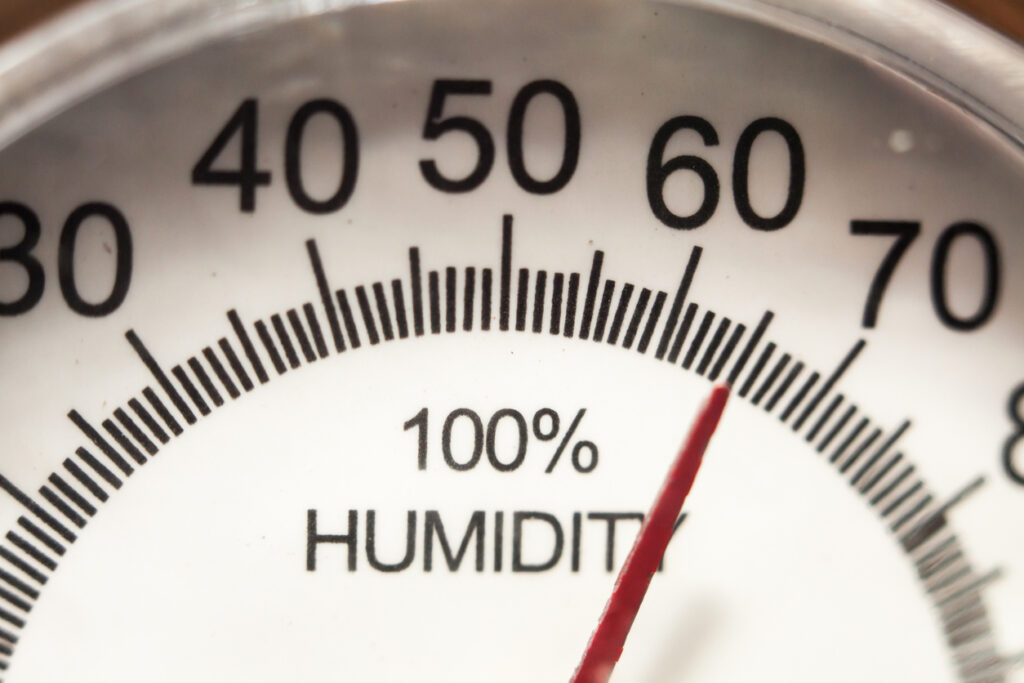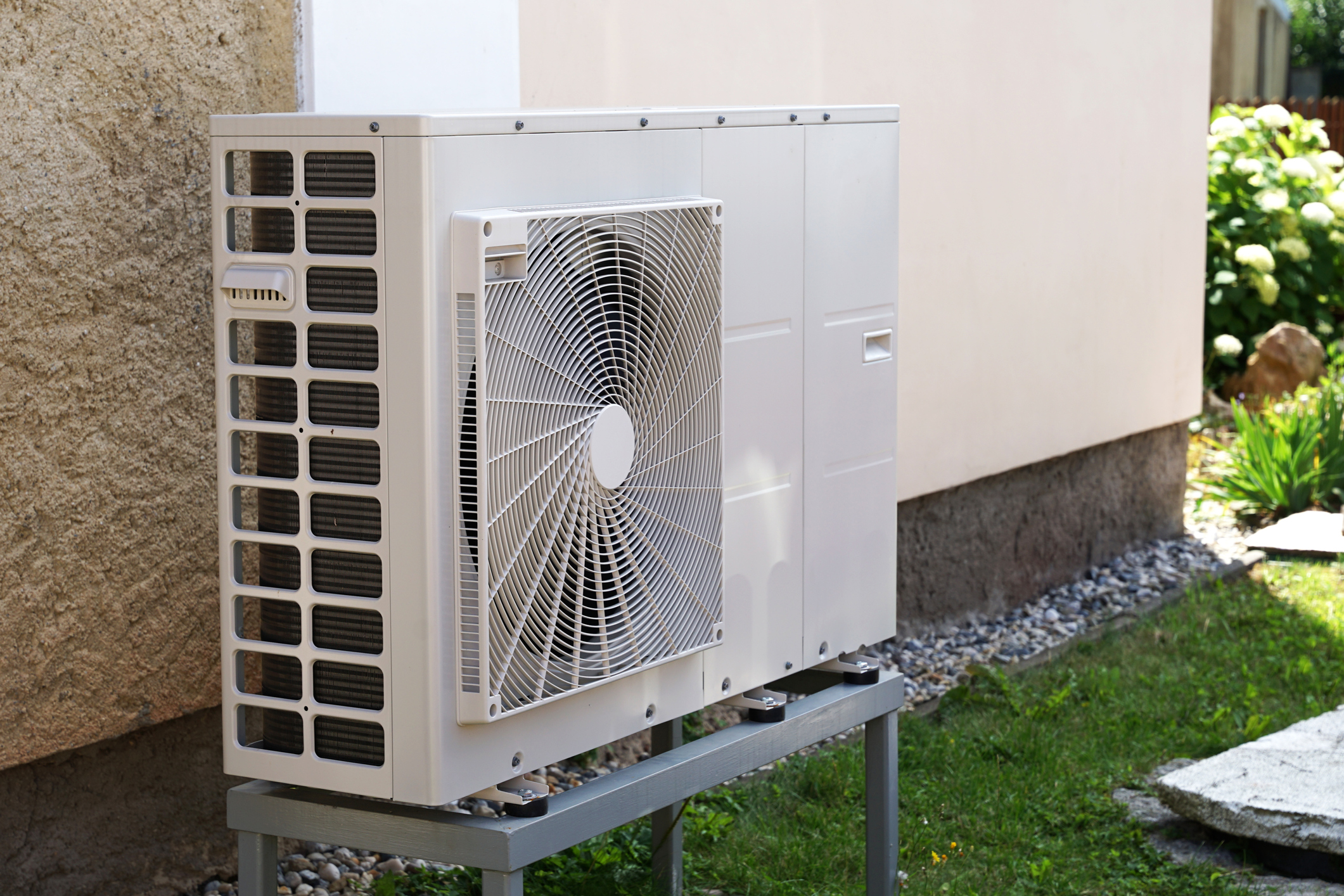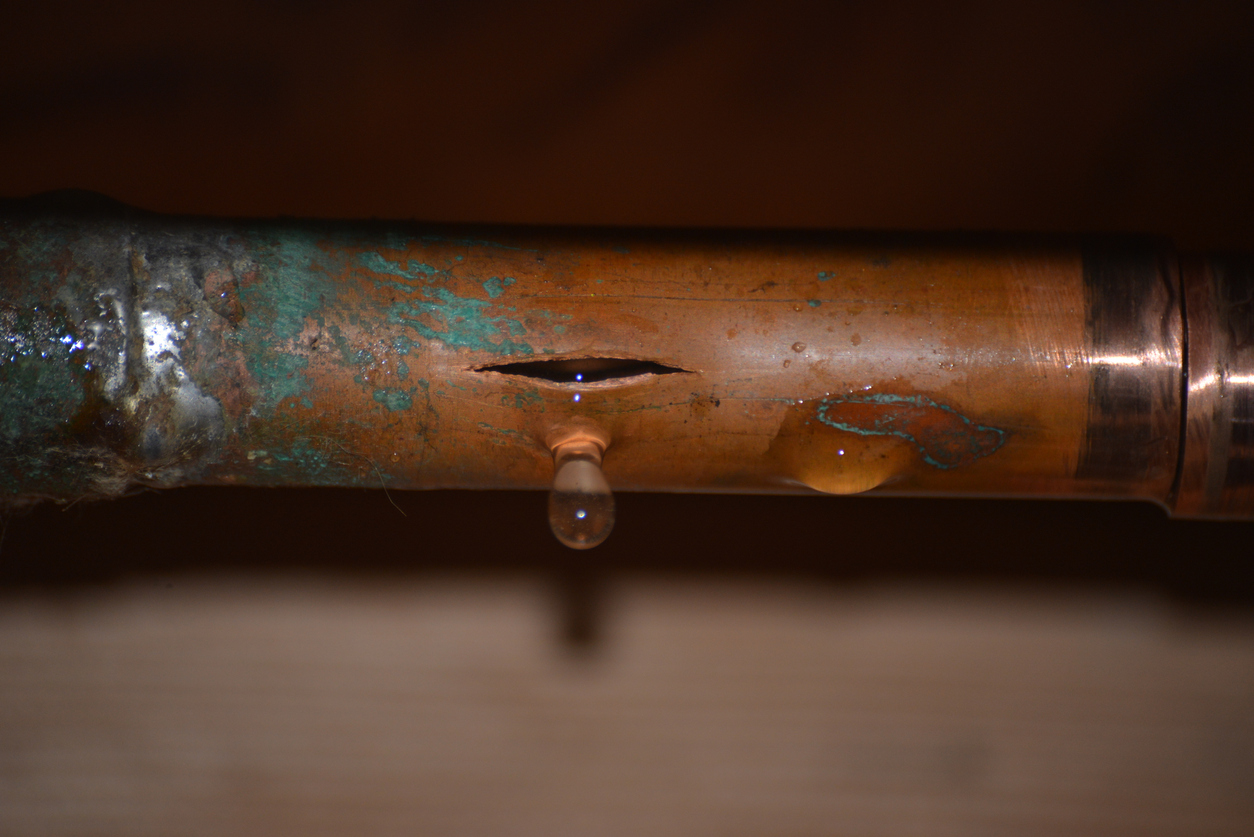Riverview Pool and Electrical Contractors Serving Tampa

Heat pumps are an efficient component for any HVAC system because they can heat and cool a house throughout the year. Heat pumps do not require much maintenance, but it is important to understand the common problems that might occur. These problems, such as insufficient heating and cooling, should be inspected by a professional HVAC contractor near Tampa. Continue reading for a more in-depth look at the common types of heat pump problems.
Insufficient Warm Air
A heat pump may not produce enough warm air when there is a blockage in the HVAC system. Air ducts, vents, and registers may be blocked due to a number of reasons, such as a buildup of dust and dirt, large furniture in the way, and accidentally vent closures. These blockages will cause the heat pump to overwork, and it may eventually break down and require extensive repairs or replacement. Heat production can also be influenced by clogged air filters, damaged valves, and lower thermostat settings.
Insufficient Cool Air
A heat pump may also not cool the air sufficiently because of various blockages. However, the most common reason a heat pump does not cool is low refrigerant. Refrigerant is necessary for heat pumps and air conditioners to properly function, and it can lower because of a leak in the system or through continued use over the years. Refrigerant should be inspected and refilled by a professional HVAC contractor who is trained in handling this chemical solution since it is a hazardous material that could cause damages to your health or the environment.
Odd Noises
It is never normal to hear odd noises—such as rattling or grinding—coming from any part of an HVAC system. A rattling noise may indicate a minor problem, such as a loose piece of hardware or misaligned register. However, grinding and squealing noises could indicate a worn or broken motor bearing. It is important to pay attention to any strange noises and contact a qualified HVAC contractor to diagnose the problem right away. This can prevent unnecessary and expensive heat pump repairs or replacements.




